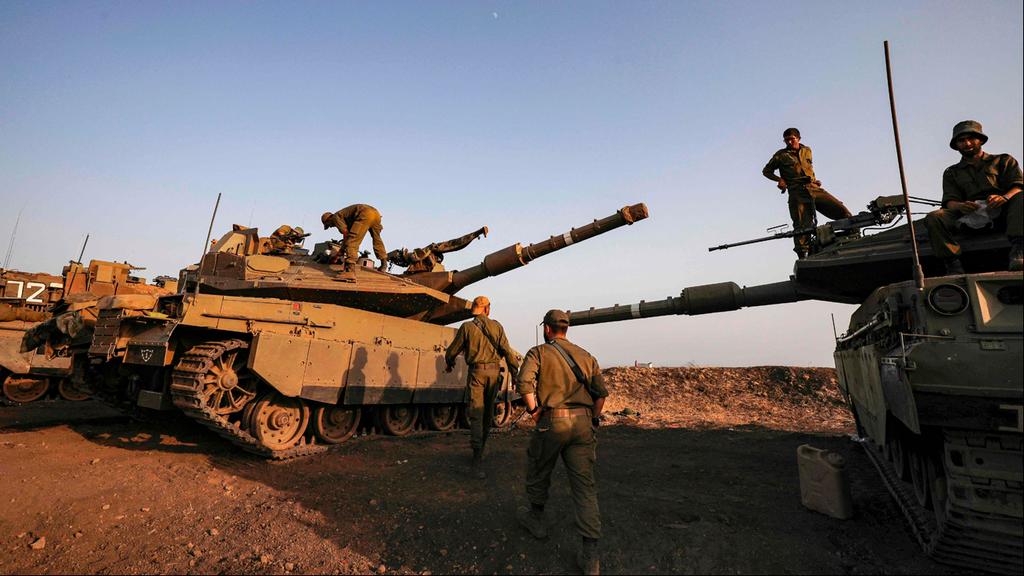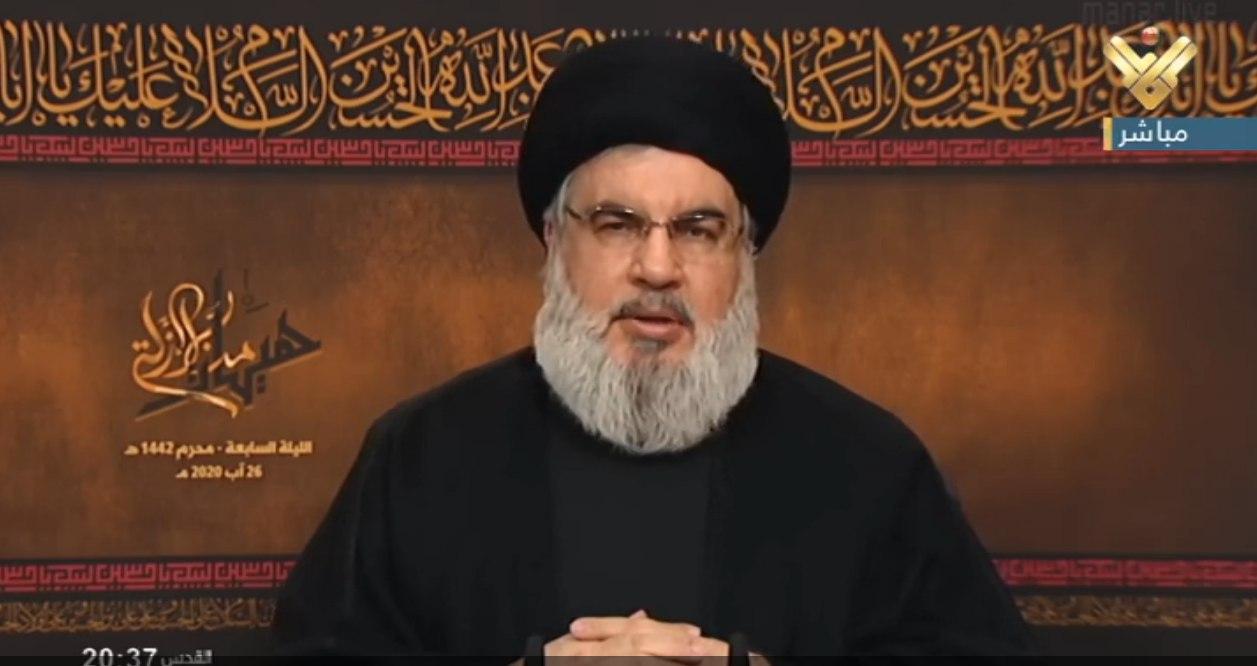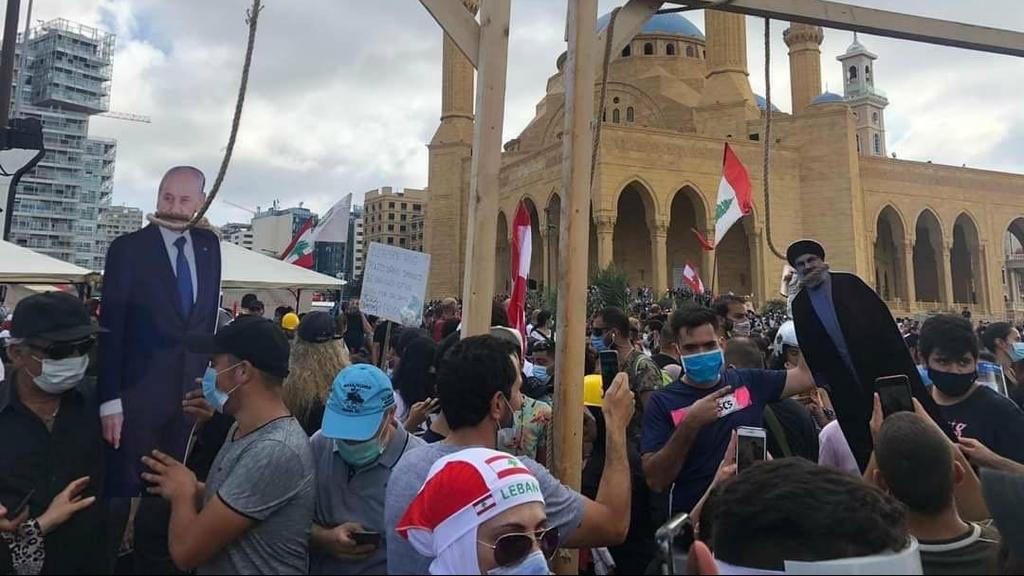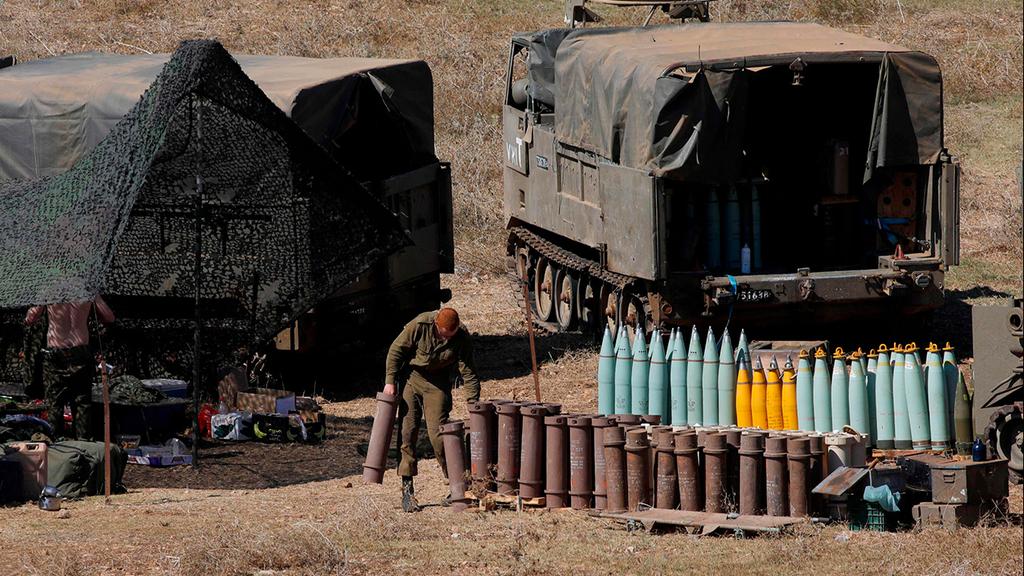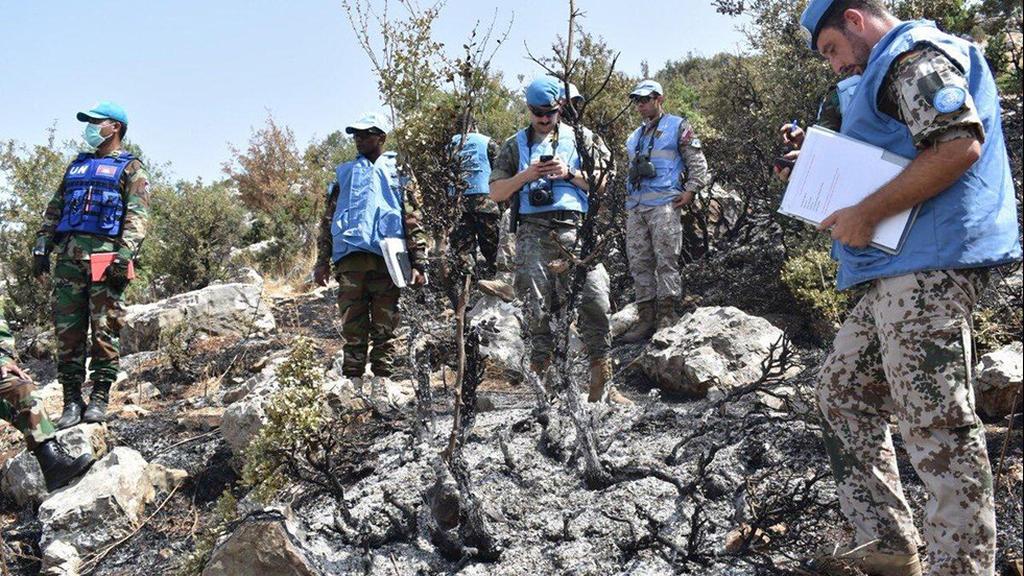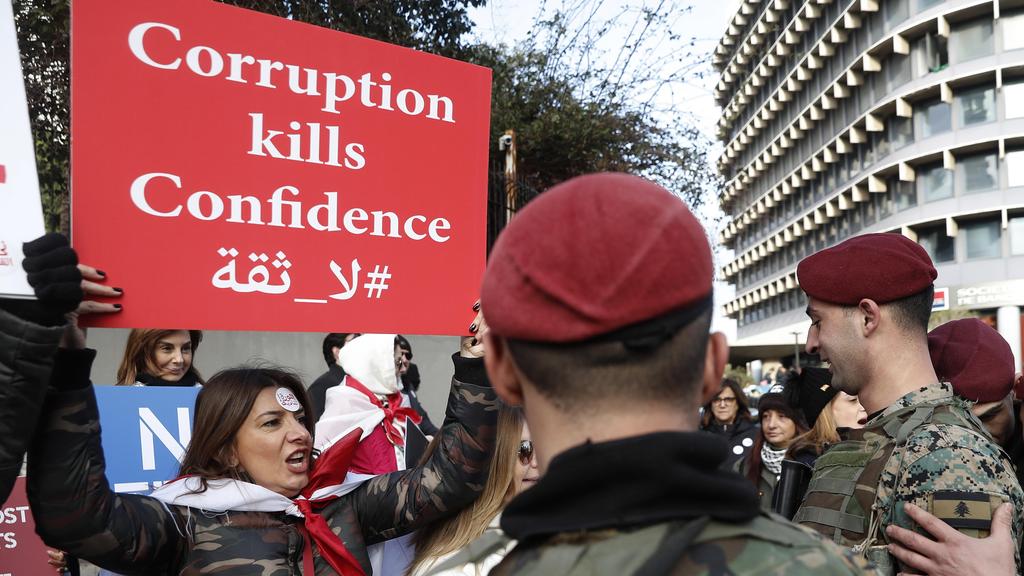Getting your Trinity Audio player ready...
As part of the so-called "equation" policy, Hezbollah leader Hassan Nasrallah instructed his special forces to bring him at least one Israeli casualty in response to the killing of the terror group's operative in alleged IDF attack in Syria last month.
Nasrallah is the one who determines the strategy, while the decision of when to carry out a given attack is left to the discretion of one of Hezbollah's local commanders.
And so, Hezbollah's sniper squad, who fired shots an IDF force that just happened to pass by its crosshairs on Tuesday, took the opportunity to try and bring down a few Israeli soldiers. Luckily, the incident ended with no casualties.
The IDF's Northern Command has been preparing for such an incident for the past five weeks and the response for the killing of at least one of Israeli soldiers would feel like an earthquake had rocked southern Lebanon.
The army has already prepared an attack plan, which would encourage civilians in southern Lebanon to flee up to the northern part of the country.
Following the massive explosion at Beirut's port earlier this month, a third of the capital's residents have already been left homeless.
If potential Israeli strikes would cause thousands of citizens from southern Lebanon to move up north, it would further destabilize Beirut. Israel, therefore, assumes that Lebanese people would unequivocally turn on Hezbollah, which is already under immense public pressure due to coronavirus, the por blast, and the investigation into the assassination of the country's former Prime Minister Rafik Hariri in 1995.
As a result, Israel assesses that Hezbollah has no wish to escalate the situation due to the inner turmoil currently enveloping Lebanon.
The Hezbollah sniper who took the shot on Wednesdays thankfully missed. In response, the IDF was content with a limited attack on various observation posts and the firing of flares into southern Lebanon.
The widespread Israeli attack on southern Lebanon did not come to pass since there were no casualties among the troops, and Jerusalem most probably prefers not to ignite and escalate the region so close to the start of the school year.
The General Staff Unit and Northern Command both are now scratching their heads, trying to figure out if the latest cross-border round of violence against the Iran-backed group, which began weeks ago, is now over.
Hezbollah's failure to achieve a tangible result will most likely keep the IDF troops patrolling the border with Lebanon on their toes.
On July 27, a Hezbollah sniper squad infiltrated the area near the IDF's "Gladiola post" on Mount Dov. Their intention was to position a sniper on the hill overlooking the post, and take out an IDF soldier, using a sophisticated sniper rifle before disappearing.
The squad was discovered very early on though. The Israeli military had a few hours to decide on a course of action: kill the squad, capture the squad, or simply let them flee.
The intention was to let Nasrallah climb down from the tree he found himself on with his equation policy. And so, the IDF has given the squad the opportunity to flee.
Nasrallah, however, refused to compromise and saw the army's actions as a condescending move that made him want to teach Israel a lesson and did not order his special forces in the area to retreat, indicating preparation for another attack.
When the current commander of the IDF's Northern Command Maj-Gen Amir Baram was asked how is it that Hezbollah has the motivation to try and escalate the situation at a time when the organization is dealing with civil unrest in Lebanon, Baram pulled out a book about Shi'ites and their worldview.
"Western rationale holds no relevance here," he said, pointing at the book. They speak a different language. They are playing backgammon, while we are playing chess, explained Baram.
Nasrallah first introduces his equation policy back in 2014 and according to it, he will not let the slaying of his men in Lebanon or Syria pass without reprisal. Per his policy, he must kill an IDF soldier.
Every time Nasrallah promised retribution, he delivered on his promise. The Shi'ite public is with him, it does not matter if it’s the people of Lebanon who will pay the price. That is the balance Nasrallah strives for. You bomb Beirut he says, we will bomb Tel Aviv in turn.
As far as Nasrallah is concerned, the slice of humble pie Israel has fed him was too much and now, he must act.
It is safe to assume it's not all about the killing of that same operative in Damascus, but also due to other actions taken by Israel against the organization, which have yet to be revealed to the public.
Nasrallah needs a win, be it real or fictitious, to show to his followers.
And so, it is safe to assume the latest round against Hezbollah has not come to an end.


